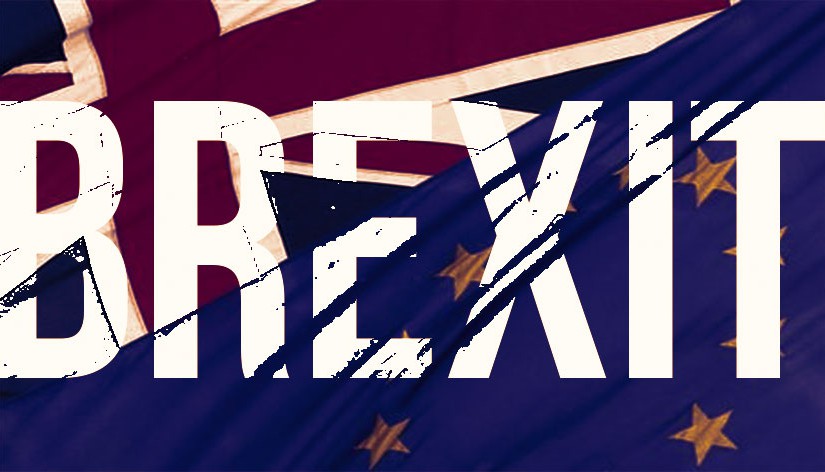
So, it happened. And the world must deal with.
On 24th June, the world witnessed one of the most powerful nations in the world, fall into a temporary phase of unrest— socially, economically and politically. I use the word temporary, merely for my optimistic attitude towards what could only be termed as the one of the most misguided events of this decade— for Britain as a united nation. The world witnessed the United Kingdom vote in a historic referendum to exit the European Union, grossly popularised as Brexit.
Markets all over the world felt a sudden tremor as Britain woke up to the outcome of the referendum to Leave. Immediate repercussions of the event were felt with the immediate fall of the pound against the dollar— the lowest in nearly four decades. While economists, statistician and world traders evaluate the impact Brexit will have around the world, BizBrolly Solutions assesses the plausible outcome this exit has on the tech shores of the Indian Ocean.
From the total revenue gained from the European market UK contributes a major portion to Indian IT companies. Many India IT companies use Britain as the hub of their operations in Europe and are expanding their business in continental Europe using Britain as the gateway. The United Kingdom leaving the EU marks as a considerable change in strategy for big players in the industry. Indian IT companies may need to establish separate headquarters/operations for EU which may lead to some disinvestment from UK and also a diversion of activity from the UK to EU.
According to a Bank of America Merrill Lynch analysis, a Brexit may also create recession risks that could dent IT demand further, hurting the 10-14% revenue growth forecast for the UK businesses of the Indian IT companies in FY ’17.
However, Brexit in reality, if negotiated on the terms as ‘promised’ by the Leave campaigners, may throw in some great prospects for India and UK. Trade relations go way back for the two nations. A healthy tie in the 21st century post-colonial era, India and UK can find themselves as equal partners in the world markets. The exits poses Britain as an independent market with a renewed focus to build scale and largely in new markets. With the existing 800 Indian companies employing 110,000 individuals in the UK, a deeper partnership with India may be in Britain’s rightful interest. ‘India’s focus on innovation, entrepreneurship and high-end work, renders it a very attractive destination from a talent standpoint, and equally in terms of market access. This could work to the benefit of the IT sector in India, since UK currently accounts for about 17% of India’s IT exports worldwide’, as reported by NASSCOM.
Another speculations that have filled the air with the Britain leaving the European Union, is that the anti-immigration policies that the leave campaign had entrusted vigilantly within the UK and stricter border control laws for the H1-B1 visa in United States in recent times both will have strong impact on the IT industry in India. Sensitized vigilance for movement to businesses outside India directly welcomes outsourcing an obvious choice for businesses abroad.
The world currently remains on a wait and watch mode. The interactions and decisions that the UK make for themselves will slowly unravel its tales on the future for every nation in the world, India included.